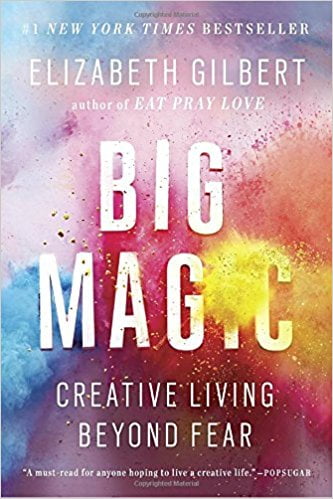Review by Melanie Davis
- The North American lottery system is a $70 billion-a-year business, an industry bigger than movie tickets, music, and porn combined.These tickets have a grand history: Lotteries were used to fund.
- Study Guide; Full Text. 'owd Nick' would fetch us as sure as we were living: and, so comforted, we each sought a separate nook to await his advent. I reached this book, and a pot of ink from a shelf, and pushed the house-door ajar to give me light, and I have got the time on with writing for twenty minutes; but my companion is impatient,.
As an author, I looked forward to receiving my copy of Scratch: Writers, Money and the Art of Making a Living. The truth is, unlike most professions, the exchange of money and value of service in the writing world is kept largely undisclosed. In writing and publishing, there is a culture of secrecy when it comes to what writers are being paid, if they are even paid at all.
Writers’ Personal Journeys to Success
Get Out (film) study guide contains a biography of Jordan Peele, literature essays, quiz questions, major themes, characters, and a full summary and analysis. FreeBookNotes.com is the original and largest literature study guide search engine on the web. We have meticulously scoured the web to track down all of the free book notes, study guides, book summaries, chapter summaries, and analyses available for thousands of books, plays, and poems.
Manjula Martin, the founder of Scratch magazine and editor of this book, collected the thoughts of numerous contributors on the subject of being paid for writing, many who share their personal journeys to success (as most are published authors, often with the coveted “advance” and all that goes with being chosen by a major publishing company).
I enjoyed the storytelling of the book immensely, learning how a combination of hard work and fate brought each of the contributors to where they are today, which is to be accomplished enough to have been selected to be included in this book. Some of the stories are cautionary tales of what not to do, or ways they were taken advantage of, while others gave the reader a much better idea of what it means to be a signed author with an advance and the associated deadlines to be met.
The Real World of Ghostwriting
My favorite chapter in the book is titled “Ghost Stories” by Sari Bottom. The process and pay of being a ghostwriter may be the most elusive information of all in the writing industry. Sari holds nothing back, but reveals how much she has charged clients and gives a realistic perspective of what a ghostwriter can earn, as well as what other expectations can be placed on the service, which I hadn’t considered (such as receiving a percentage of a book’s advance or continued royalties on book sales after being paid to write the book).
In this chapter, Sari states, “You’d be surprised—sometimes it’s the wealthiest and/or best-known clients who pay the least.” She shares the range that people often charge for ghost writing, anywhere from $10,000 to $40,000 with top writers getting fifty. (Now I finally have a ball-park!) She also reveals that she has another level of service, “…for clients who can sort of write, but need a lot of guidance and editing work.” She calls it “editorial hand-holding” and charges by the hour, typically $50 – $90.
Culture of Isolation and Secrecy
Not all chapters in this book are useful. Some of the contributors refuse to shed any light on what they earn, which is counter to what the book is supposed to be about and only further affirms the culture of isolation and secrecy in the writing world. I wonder why Manjula chose to keep these chapters, but their presence doesn’t take away from the overall value of the book.


Other things I learned from reading Scratch is that the coveted advances aren’t the Holy Grail we often think of them. They are usually spread out over many months or years and are taxed, with book agent percentages being taken out, and don’t make for much of a living, which is good to know going into the writing and publishing bubble. Most of the authors featured in this book write for multiple outlets and have numerous streams of income in order to actually make a living as a writer.
Even the most successful authors featured in this book, such as New York Times bestselling author Austin Kleon, complain about the difficulty of financial security after reaching the publishing pinnacle. He is known for regularly telling other authors, “Don’t quit your day job.”
Reviewed by Melanie Davis, bestselling author of The Triumph Book: HEROES.